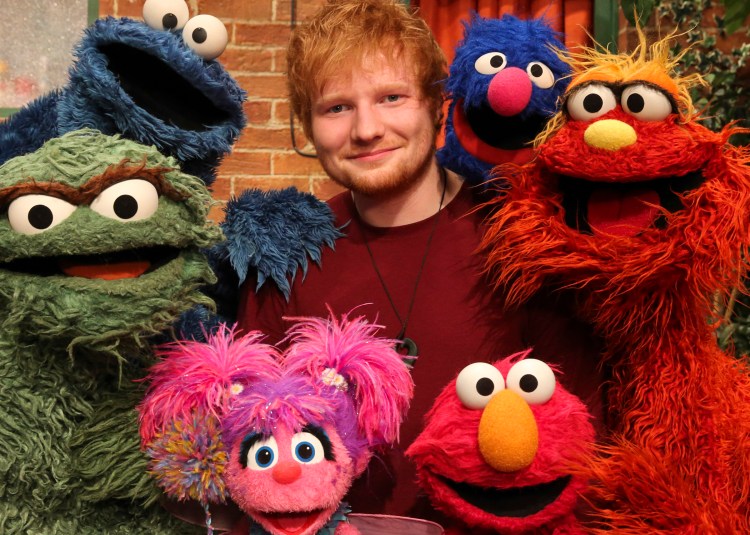Disclosure: I am a monthly contributor to my local public TV and radio station.
I hope Cookie Monster never sings “C is for Capitalism, and that’s good enough for me.”
This morning, we learned that the beloved PBS children’s show Sesame Street was moving to a high-rent neighborhood: the pay TV realm of HBO. The move makes a great deal of sense for the subscription service — now that it streams programming outside of cable packages, it needs more than Game of Thrones to lure new subscribers. HBO also has a long history with kids entertainment, and it’s worked with Jim Henson’s Muppets in the past with Fraggle Rock.
Yet for children, this news stinks more than the rotten fish wrapped in newspaper that Oscar the Grouch keeps in his trashcan.
June 5th: The AI Audit in NYC
Join us next week in NYC to engage with top executive leaders, delving into strategies for auditing AI models to ensure fairness, optimal performance, and ethical compliance across diverse organizations. Secure your attendance for this exclusive invite-only event.
Sesame Street will remain on PBS in some form, with episodes airing nine months after they debut on HBO, the New York Times reports. The move actually means more “word from the street,” as its annual episode run increases from 18 to 35 on the subscription service. And older episodes remain on public television, just chopped up and rearranged to make them less stale.
But running episodes nearly a year later does nothing to mask the gentrification of Sesame Street, a trend we’ve seen in real life in tech-heavy cities such as San Francisco, where people with money are moving in and remaking the landscape. The same is happening in our media — it continues to consolidate into the hands of fewer, larger companies. Just look at NBC Universal’s deal with Vox Media (full disclosure: a competitor of VentureBeat) and BuzzFeed yesterday, or Disney’s buy of Marvel and Lucasfilm over the years. And when media — especially educational programming — is in the hands of for-profit companies, we know that those companies will do everything they can to make money off the brands. Sure, you can already get diapers with Elmo on them or Cookie Monster socks, but at what point does HBO turn off the spigot to PBS because its research finds it can boost subscribers, even by a measly percentage point or two, by doing so?
And this move hurts poor kids, those whose parents may not have the income for streaming video or second-hand mobile devices but who can still run up a pair of rabbit ears to pick up the local PBS station. Sure, they still get Sesame Street nine months later, but this walls them off from one of the few quality children’s shows left on free television. I learned to read by age 4 thanks in part to Sesame Street, and millions of other kids have learned their letters and numbers along with Big Bird, Elmo, and Grover. And we never had to pay a cent to some network to do so.
Maybe Cookie Monster’s new song should be “Let them eat cake instead of cookies.”

